Once upon a time America practiced ping-pong diplomacy to try and improve ties with Mao’s China. Now Donald Trump and Vladimir Putin are talking about organizing hockey matches in America and Russia to bolster relations. Given that the two sides would be playing in ice rinks, it would be hard to say that Russia, which has been banned from the Olympics and the FIFA World Cup ever since its invasion of Ukraine, is coming in from the cold. But perhaps Putin, who has often taken part in games in Russia, will once more don his ice skates, while Trump serves as master of ceremonies.
For Trump, who prizes his relationship with Putin, it would amount to a kind of hat-trick if he can improve ties with Russia, prod Ukraine to accept a deal and get the Europeans to sign on. On Truth Social the President described the call as “a very good and productive one.” No one can deny that Trump has worked overtime to soothe the Russian potentate’s bruised feelings, including calling Ukrainian leader Volodymyr Zelensky a “dictator,” lashed out at him in the Oval Office and, most recently, terminating a US-funded initiative that tracks Russia’s ghastly abduction of tens of thousands of Ukrainian children. The White House put a cheerful gloss on the several-hour phone conversation between Trump and Putin this morning: “The leaders agreed that the movement to peace will begin with an energy and infrastructure ceasefire, as well as technical negotiations on implementation of a maritime ceasefire in the Black Sea, full ceasefire and permanent peace.”
Not surprisingly, Putin, who believes that his forces are making satisfactory progress, agreed to the bare minimum to placate Trump. He agreed to something less than the cessation of hostilities that Trump has been touting for several weeks – a pause for 30 days in targeting Ukrainian energy infrastructure. Ukraine, by contrast, has already committed to an unconditional ceasefire. Given his eupeptic view of all things Russian, Trump is more than likely to hail Putin’s small concession as a big step on the road to peace and goodwill between Ukraine and Russia.
Ukraine, which has been ceaselessly bombarded by Russia, may take a different view of the pow-wow between Putin and Trump. The same goes for Germany. At a news conference in Berlin with President Emmanuel Macron of France, outgoing Chancellor Olaf Scholz observed, “The next step must be a complete ceasefire for Ukraine and as quickly as possible. Of course it is clear that we both agree on this too.” Meanwhile, incoming Chancellor Friedrich Merz won a big victory on Tuesday as the German Parliament suspended the country’s antediluvian debt brake and agreed to a lavish €500 billion package to bolster infrastructure and defense. NATO Secretary-General Mark Rutte was right to call it a “historic agreement.”
In currying favor with Putin and lashing out at NATO, the tempestuous Trump has inadvertently weakened his ability to force a Ukrainian surrender. He may believe that he can singlehandedly negotiate the fate of Ukraine together with Putin, but Europe isn’t sitting by idly. Quite the contrary. Macron, for example, is talking about deploying several thousand soldiers to Ukraine to help enforce a ceasefire agreement. “If Ukraine requests allied forces to be on its territory,” he said, “it is not up to Russia to accept or reject them.” At the same time, Denmark, Norway, Sweden, Finland and the Baltic States are prodding the European Union to accelerate Ukraine’s formal membership. In a joint letter obtained by Politico, they stated, “Ukraine has shown a remarkable reform progress – now it is time for us to mobilize the efforts to help Ukraine make this happen.”
Good on them. Speculation has been rife that Trump wants to create a Yalta 2.0. But after shouting at Zelensky that “you don’t have the cards,” Trump may be about to discover that he doesn’t, either.



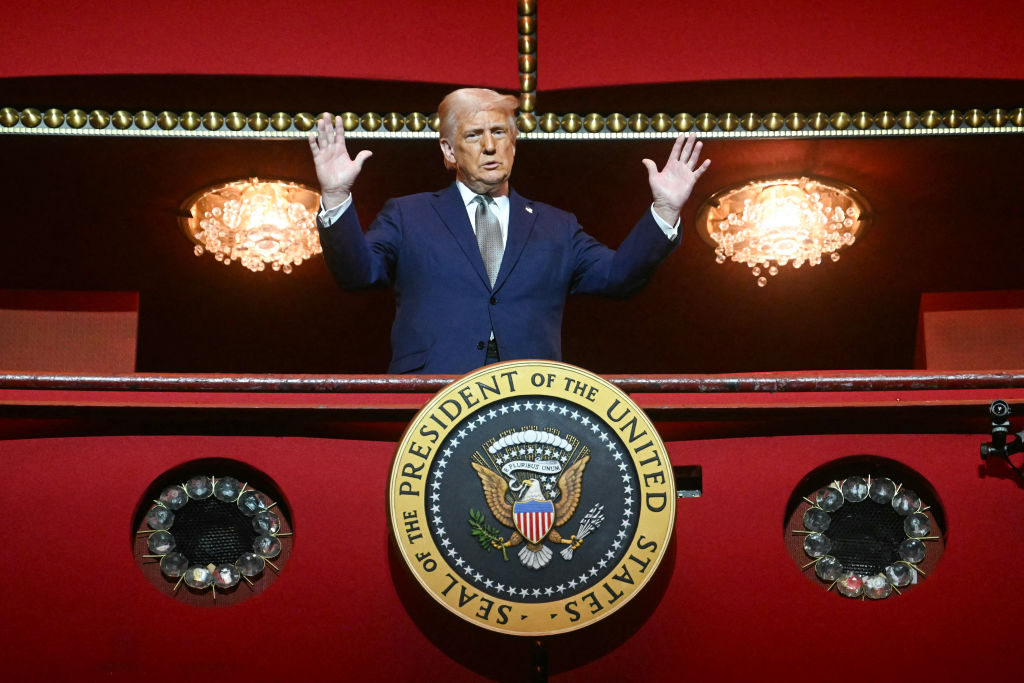






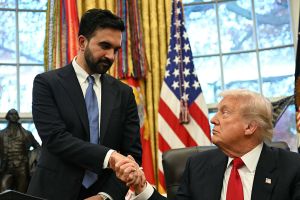
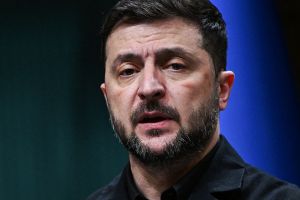
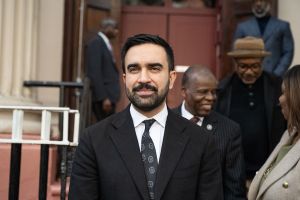

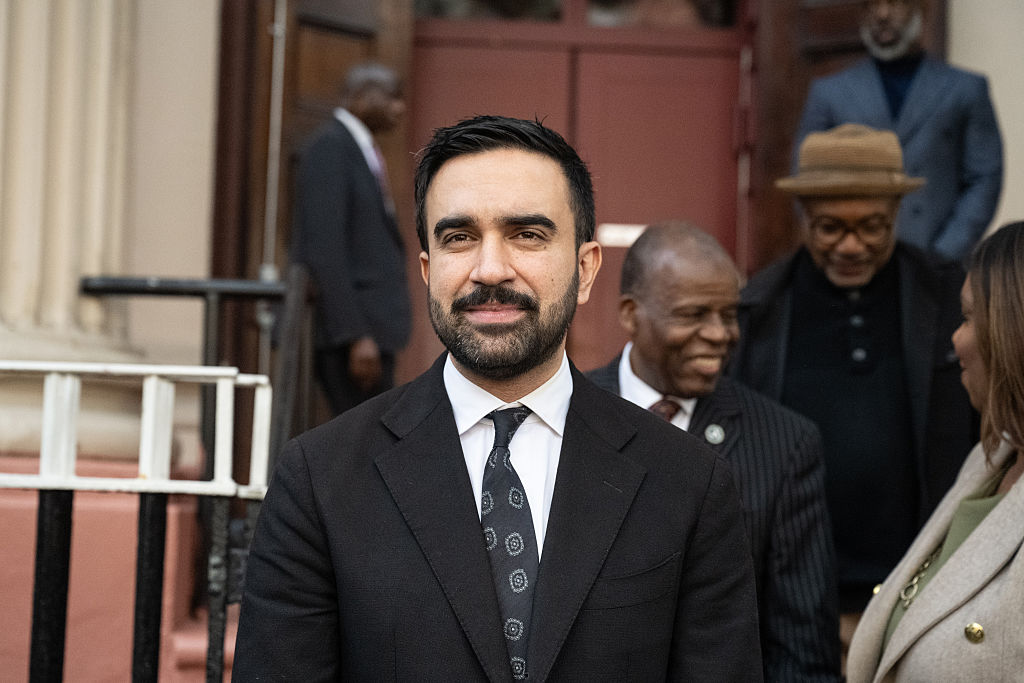



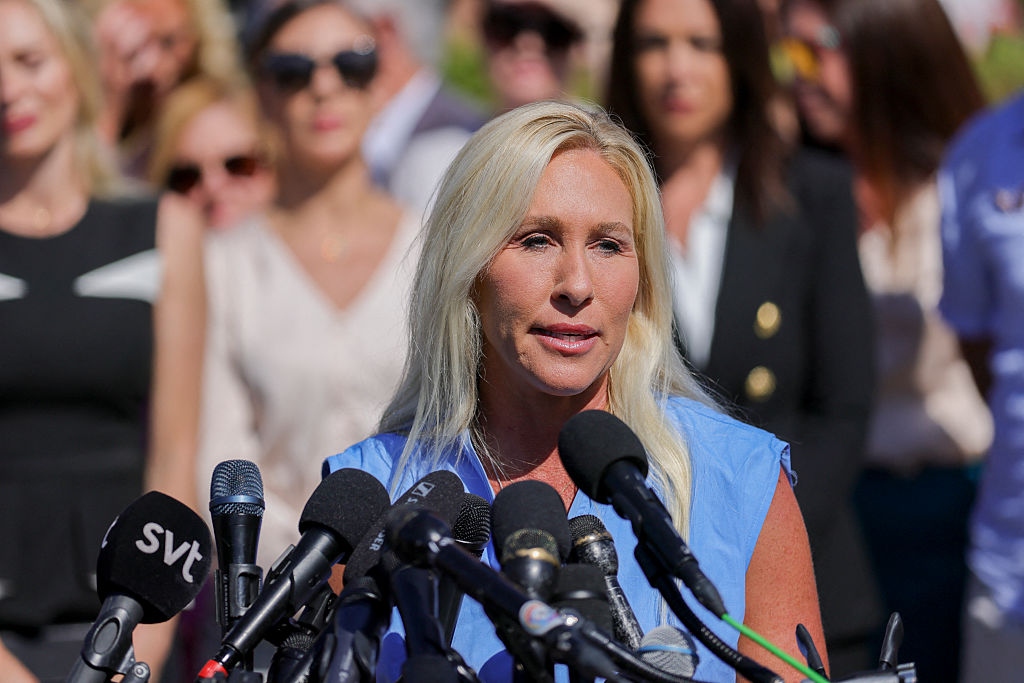







Leave a Reply